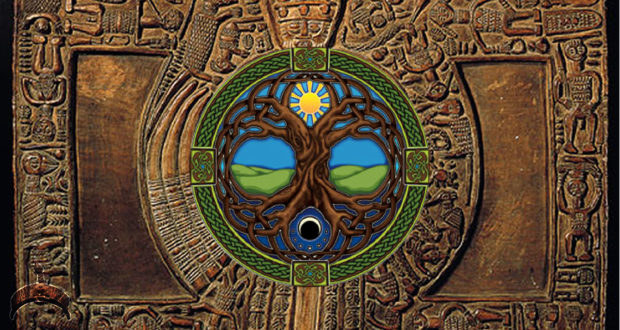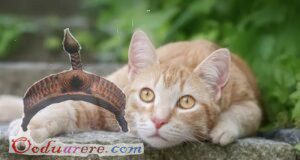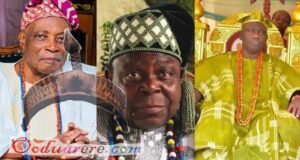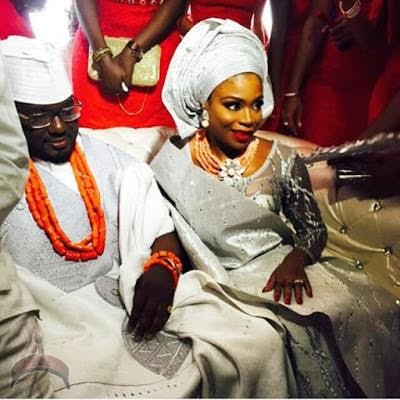Probably the logic translation of those thoughts could be: “I would like to sleep all these months and awake only when my baby is born”. Analogically transmitted to the foetus, this message may translate in many hormonal and chemical modifications that influences the foetal spiritual and anatomic development. Ifa highlights that exists a fight between logic and analogical mind in these women, that apparently accept very well their pregnancy but unconsciously develop hidden refuse. This analogical gradient is what moves the pregnancy till the end. Prevailing the conscious needs, it will bring to psychosis (post partum depression) while the prevalence of unconscious “dream” could interfere with the objective duration of pregnancy (premature newborn) or to the literal interpretation of the symbolic word “sleep” (coming from the unconscious dream of sleeping for all the duration of pregnancy). So the whole unconscious foetus starts to conceive the necessity to sleep, that is to develop his nagual personality that will manifest at birth. So, Ifa speaking about “intoxication” does not refer only to chemicals or drugs but also to a psycho-spiritual issue starting from maternal unconscious and reflecting over the foetus.
In other more ritual words, the powerful initial unconscious gradient that comes from the hidden maternal wishes, drives the pregnancy directly to earth bypassing the spiritual development that should come from Orun. Or, in other words, the newborn has a dissociation between Ori and Iponri and will spend all his life in searching the way to reconnect to his spiritual counterpart. In this sense autism could be considered a particular form of abiku trend as the new individual wishes to reconnect to Orun in order to live the never lived prenatal phase in Orun. Or, in other words, womb is not the delivery channel, the passage from Orun to Aiye for these babies, it is only the maternal representation of earth.
This relatively complex mechanism seems to be revealed by the following story of Ogbe Idi:
Ogbedikaka, Ogbedilele, a difa f’Esu nigbi oun f’ara sofa
lowo Orunmila, Orisa-nla, Orisa Oko ati Ogun.
Won niki Esu rubo: Eesan, eyele mesan ati egbaasan owo, kiase ewe Ifa fun un kiobaa le san’gbese.
Esu ko rubo.
Lakoko naa ise eja dide ni Esi nse, Nigbati oun ba nko eja
ninu igere re, awon Irunmale won yen a maase ilara re won rope Esu koniipe kiotoo ri owo figba ara re nitorinaa won wa pimon lehin re pe awon o ran an ni’se li ona jijin li ojo kanna.
Orunmila ran an ni Oke Bisi pe kiolomu apo ati ate wa fun oun.
Bi Orunmila ti ran ise tire tan, O ronu pe o yeki oun difa oran naa wo. O pe babalawo, won difa, won ri OgbediKaka.
A niki Orunmila ru: Ewu (okete) mefa, eyele mefa, ati egbaa mefa owo.
O gbo o ru.
Won se ewe Ifa fun un, nipa didi ewu mefa naa sinu apo fun un, won niki o mase jeki apo naa ya oun je. Orisa-nla niki Esu losi Iranje (orun) Kiolo gbe opa-osoro ati apo wa fun oun. Orisa Oko niki Esu lomu arere wa fun oun lati Ode-Irawo. Ogun niki o lomu gbamdari (ada-nla) wa fun oun lati Ode-Ire. Esu yara bosi oju-ona, O n’oga s’oko gbogbo inkan wonyen si too lowo ni warawara. Bi o kuku ti lo ni awon Irunmole wonyen ti lo ko Igere re ni odo. Bi o ti yi’rapada nbo ni ile, o ba won, won npin eje. Bi o ti yo si won fuu, Olukaluku nyara di tire s’apo. O ko ohungbogbo ti won ran an pe kiolo muwa fun won patapata, O beresii bi Olukaluku won leere pe: Nibo ni won ti ri eja ti won npin? Awon miran nbee awon miran ko tile soro, awon ti nbee ni awon fi owo awon ti o wa ni orun re jii. Kiosa majeki enikeni gbo pe awon jale. A ko sa gbodo gbo pe enikan jale ni otu’fe nigba naa.
Orunmila I oun ko ji eja Esu o. Esu ni Orunmila ji eja oun. O ni oun li o di sinu apo tiowa ni owo re yi O ni gangan imu re liowa l’ode yi. Won ko ejo naa lo si Otu fe lo ro. Won ro jo titi won fiso pe ki Orunmila da ohun tiowa ninu apo re sile. O daa sile, won ri ewu mefa ti oun di sibe. Won si beresii ba Esu wi. Esu wa pada nbe Orunmila pe ki o jowo fi ori ji oun. Orunmila ko fe. Awon out (Agba) Ife wa bi Esu leere pe: Ewo ni iwo yoo se wayi o? Esu ni oun yoo ba Orunmila losile ki oun maa lo sin in. Won fa Esu le Orunmila lowo. Bi awon mejeji ti nlo, won de oju’de Orunmila, Esu fe lati ba Orunmila wole. Orunmila ko, O niki Esu joko l’ode nibe O ni ohunkohun ti oun ba nje ninu ile, oun yoo maa mu tire wa fun un n’ita (l’ode).
Lati ojo naa ni Es
 Ọmọ Oòduà Naija Gist | News From Nigeria | Entertainment gist Nigeria|Networking|News.. Visit for Nigeria breaking news , Nigerian Movies , Naija music , Jobs In Nigeria , Naija News , Nollywood, Gist and more
Ọmọ Oòduà Naija Gist | News From Nigeria | Entertainment gist Nigeria|Networking|News.. Visit for Nigeria breaking news , Nigerian Movies , Naija music , Jobs In Nigeria , Naija News , Nollywood, Gist and more









